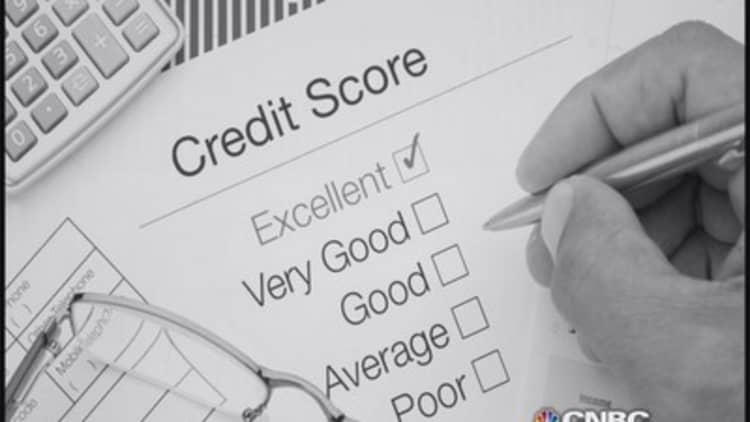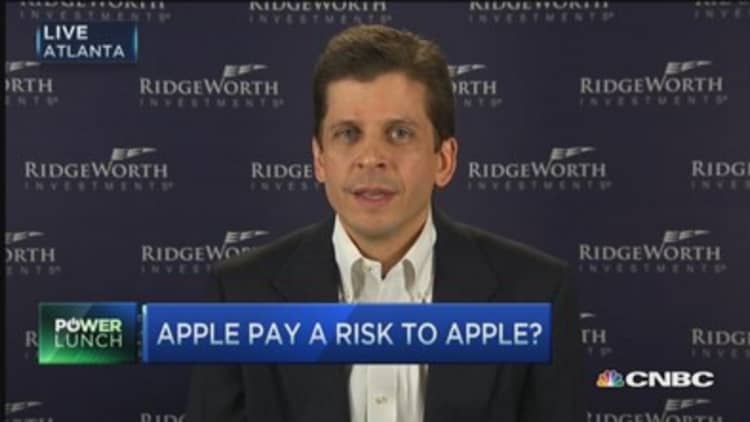


It's like a financial paper cut. That free trial you signed up for but forgot to cancel. Or that mystery charge on your credit card statement you don't remember agreeing to pay. These so-called gray charges—which are not illegal, only deceptive—may seem like minor nuisances. But they can add up over time.
BillGuard, a mobile app that tracks spending and flags suspicious transactions, estimates that these charges cost U.S. consumers more than $14 billion annually. (Tweet This) In data released exclusively to CNBC.com, the company analyzed its database of 1.3 million registered users to find the most common, and the most costly, gray charges of 2014.
The most prevalent, according to BillGuard, were those that resulted after consumers signed up for free trials and forgot to cancel them after the initial period ended, so were automatically charged for goods or services. The average user paid $53 per transaction for such free-to-paid charges and they represented about 40 percent of the gray charges detected by BillGuard.
The highest gray charges were those related to misleading advertising, BillGuard found. The company classified offers as misleading if they contained false promises, unsubstantiated claims or qualifications presented in small print. For example, agreeing to pay for a credit monitoring service listed in the tiny print of terms and conditions when you sign up for a "free" credit report. These types of gray charges cost consumers an average of $173 per transaction last year, though they represented less than 5 percent of the gray charges BillGuard identified.
Read MoreElite credit cards 2X as likely to be hit by fraud
Phantoms and zombies also haunted credit card statements. Phantom charges, or unwanted fees for additional goods or services related to an approved purchase, cost consumers an average of $61 per transaction. For example, a charge for special ringtones you never used from your mobile carrier.
Zombie charges, or fees that continue to accrue even after a service is canceled, took a $69 bite out of the average BillGuard user's budget per transaction. Think about that one-day airport Wi-Fi pass you signed up for in February that keeps billing you in April.
Vigilance is the key to eliminating these pesky fees.
"The most important thing is to check your card activity regularly, line by line, for any charges you don't recognize," said Mick Weinstein, a vice president at BillGuard. "You generally are not liable for fraudulent charges on your cards, but you have to find it first."
Scott Bilker, founder of credit card advice website DebtSmart, uses budget tracking software Quicken to "balance" his credit card statements each month, checking to make sure his records of credit card spending match his statements.
Read MoreDon't miss a payment on this credit card
But the sneakiest and most costly credit card fees are not gray charges, Bilker said, they are increases in the interest rate credit cards charge. "Your credit cards are not going to remind you that your introductory rate is going up," he said. "You have to stay on top of them. Mark your calendar and set alerts on your phone for when your rates will rise."


